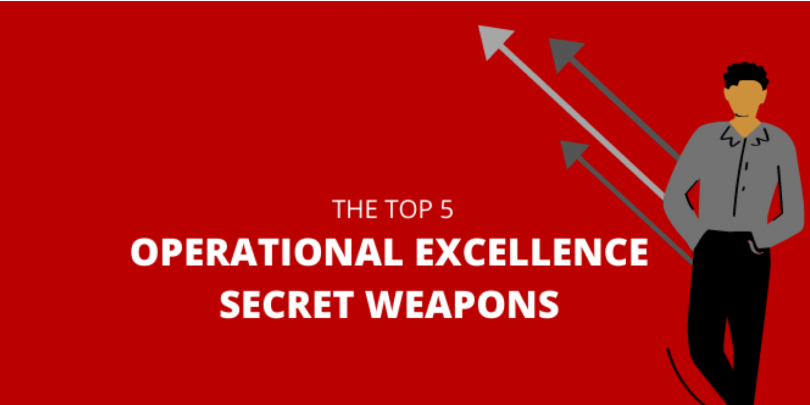Blog Posts

Think about a few recent challenges or frustrations you faced at work. How many are a result of relationships with colleagues, team members, suppliers, customers, or other people? Equipment and technology cause trouble sometimes, but other people are often at the heart of our most challenging work problems.
For decades, executive coaches have been using a magical formula of deep listening and asking powerful questions to build strong relationships, get to the root of issues, and dramatically improve communication, self-awareness, and clarify expectations

This is our first year hosting our annual Leading Through Excellence summit virtually, but we've spent years perfecting the multi-day learning session that happens every April. We'll miss the lunches, VIP reception, and in-person networking -- but we're excited to offer the myriad of benefits that come along with hosting a virtual event.

Tracy Owens is a business transformation leader who has led his employers and client organizations in developing a culture of continuous improvement to achieve near-term objectives and better long-term results. Tracy has a deep toolbox for process improvement and a wide range of experience, interests, success stories, and connections. We asked Tracy what his top 5 secret weapons are when it comes to OpEx tools.

What do great organizations look like today? Do they have the best strategy? Are they the most efficient? Whilst both of these factors are essential, strategy (what we do) has become almost irrelevant and operational excellence (how we do things) is not easy to achieve.

COE’s annual Leading Through Excellence Summit is going to look a little (okay, a lot) different this year, as most events have over the past year. Trust us – we’re going to miss the face-to-face networking, the buzzing Fawcett Center, and yummy lunches, too. But, with virtual conferences on the rise, there’s a myriad of benefits and reasons to attend.
If you’re on the fence about attending a virtual conference, here's why you should consider it:
Learning and development is as important as ever.





